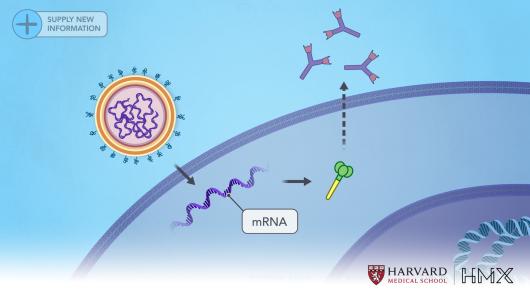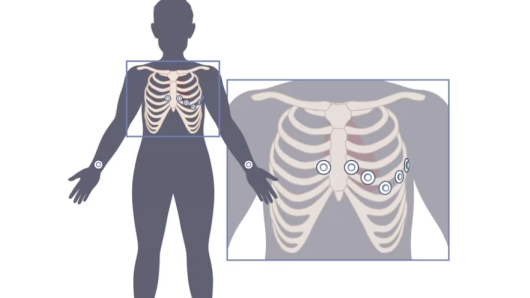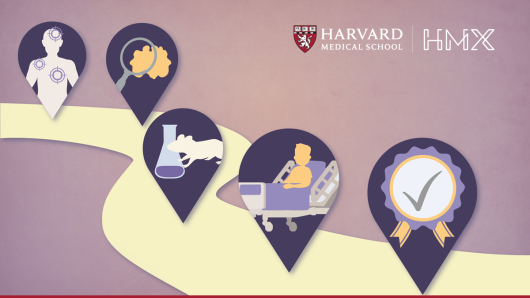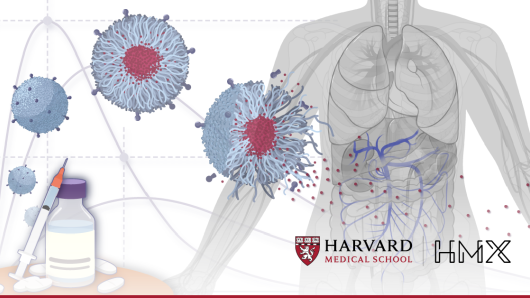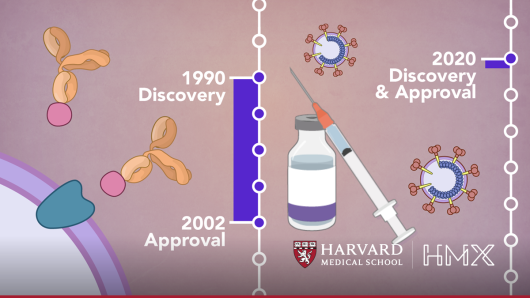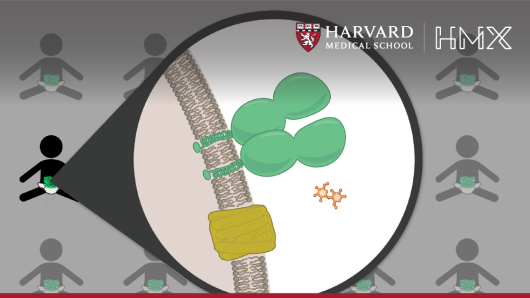96 results for
Online
Price
$495
Registration Deadline
Available now
Online
Price
$30
Duration
2 weeks long
Registration Deadline
Available now
Online
Price
Free*
Duration
9 weeks long
Registration Deadline
Available now
Online
Price
$495
Registration Deadline
Available now
Online Live
Price
$700
Registration Deadline
Online Live
Price
$4,800
Registration Deadline
Online
Price
$3,100
Registration Deadline
Online
Price
$950
Duration
5 weeks long
Registration Deadline
Opens May 27
Online
Price
Free*
Registration Deadline
Available now

